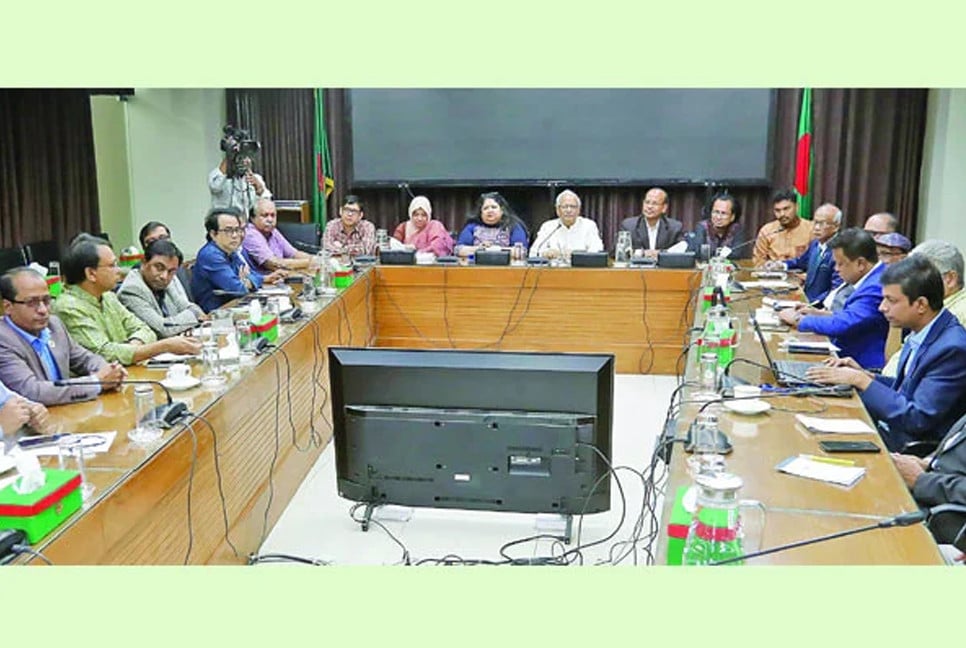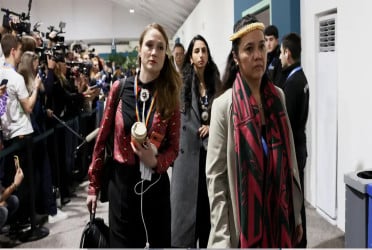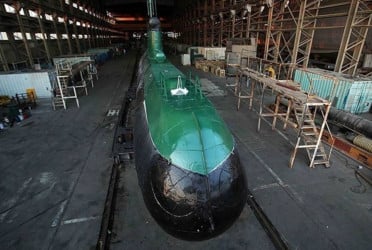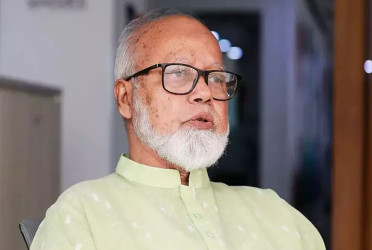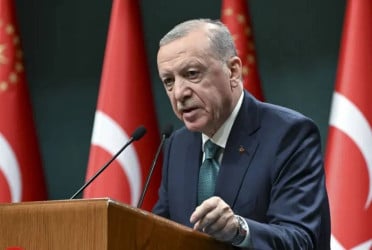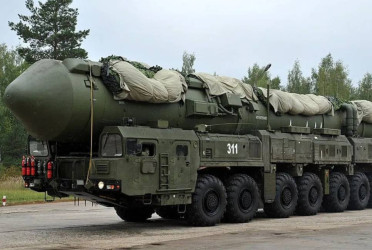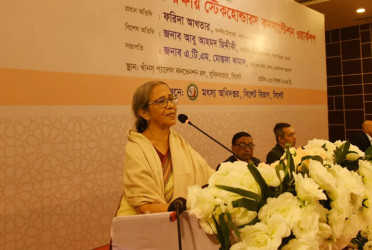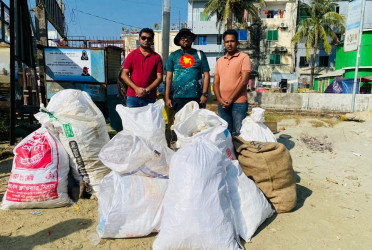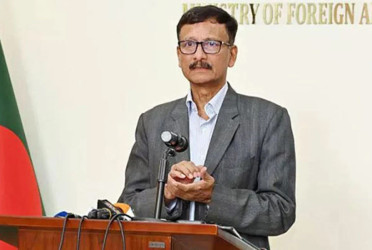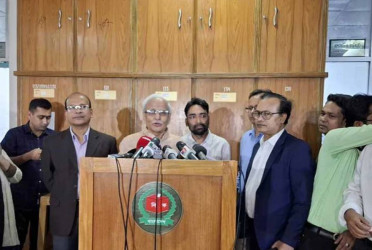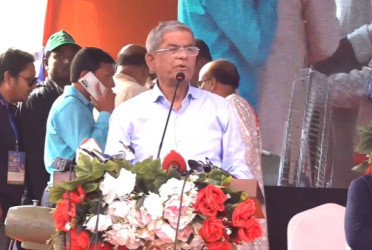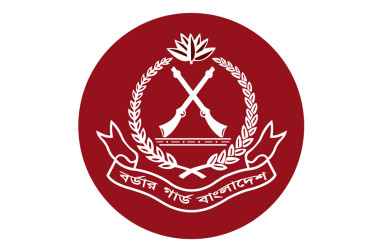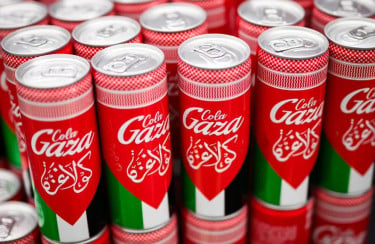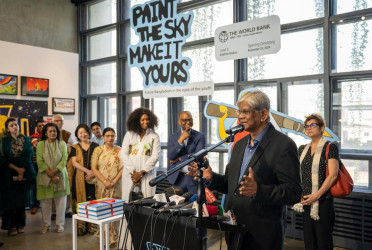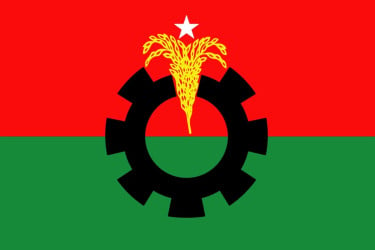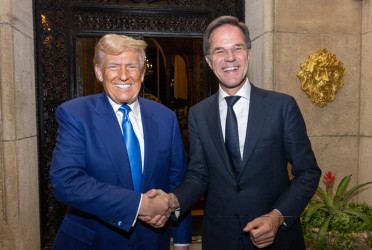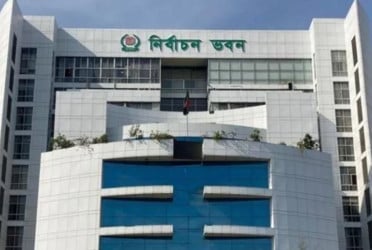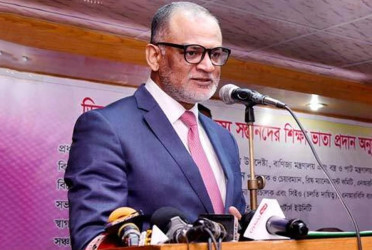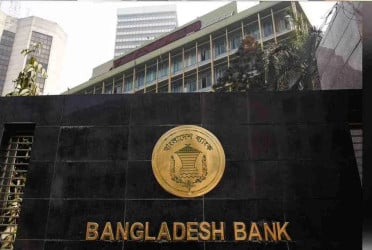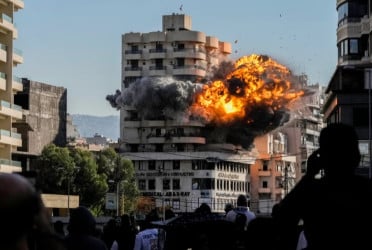The industrialists of the country think the main challenges for the business sector in the country are to solve gas, electricity and dollar crisis. They don’t know what will happen if these problems are not solved quickly.
According to the businessmen, it’s getting very hard to import raw materials and machineries needed for industrial operation due to dollar crisis. Gas and electricity crisis hampered the production and increased the cost. The dollar crisis, price hike of gas and fuel oil starting in 2022 affected industrial production sector in the country. Due to the dollar crisis, Bangladesh bank has imposed restriction over dollar import. Many commercial banks are becoming unable to open letter of credits (LCs) because of lack of sufficient dollar. As a result, the entrepreneurs of the country have been in problems. The production cost increased as the gas prices hiked. In addition, the price hike of fuel oil resulted into increased transportation and other costs. Hence, all the local manufacturers fell into serious problems.
The former president of FBCCI, the country's top organization of businessmen and industrialists, Jasim Uddin in this regard told The Bangladesh Pratidin, "Due to the dollar crisis, there is a problem in opening LCs (letters of credit). There is a problem in importing raw materials and capital equipment, along with an energy crisis. Due to import dependence, gas is not available for the industry as required.”
He further said, "Interest rate is increasing, it will increase further in the future, which is a big problem for the industry. Our exports have not increased as wages have increased in the export-oriented garment sector. Due to reduced demand in the world market, not enough orders are coming from outside the country.”
According to the sources, all textile mills in Narayanganj have been closed due to gas shortage. Even if some factories in Araihajar and Bhulta areas get gas, it is not possible to run production with it. The entrepreneurs of this sector have demanded to formulate an energy policy to determine how much gas a sector will get to solve the problem.
In this regard, Bangladesh Textile Mills Association (BTMA) president Mohammad Ali Khokon told The Bangladesh Pratidin, "At the moment, gas, electricity and dollar shortage are the big challenges for the business of the country. If these three crises are not resolved, it is not possible to say what will happen to the future of the industry.”
He said, "The textile mills are the most affected due to the gas crisis. The government said that uninterrupted gas connection will be provided, while gas cost is increasing gradually. This price hike is to meet the additional cost of LNG import. But it’s a matter of sorrow that the condition of gas supply before and after the tariff increment remains deplorable. It has now reached an unbearable level. Now gas is not available even with the increased price.”
Mohammad Ali Khokon also said, "Increasing the price of gas has increased the cost of production. Costs will increase further due to gas shortage. If this situation continues, the investment of 16 billion dollars will be at risk. 1 million people are involved in this industry. If production stops, the fear of layoffs will intensify. In the interests of the industry, the government needs to prioritize gas supply. It is important to formulate an energy policy with a clear idea of what feedback will be received if gas is supplied to any sector.”
In this regard, Barrister Samir Sattar, the former president of Dhaka Chamber, told The Bangladesh Pratidin, "The biggest challenge of business is now price inflation. Proper efforts are needed to increase the status of foreign exchange reserves. The financial sector is the backbone of the economy. In order to reduce the defaulted loans in the financial sector, collection from the defaulters should be strengthened.”
He said, "The price of food products in the world market has come down a little. Price hike of food items should be brought down in the country for the sake common people. I have said before that we have to come to a policy decision to reduce the dollar exchange rate gap. Expatriates should not send money through Hundi because of the favorable price issue. Despite incentives, expatriates continue to send money home at high rates through illegal channels. To stop it, the exchange rate of the dollar must be rationalized.”
In addition, there are the problems of bribery, corruption, complex tax system, inefficient bureaucracy. Recently, these problems have been disclosed in the research of Center for Policy Dialogue (CPD). 68 percent of businessmen in the country identified corruption as a major problem. About 55 percent of traders identified problems with inefficient bureaucracy and more than 46 percent of traders with foreign exchange volatility. More than 66 percent of businessmen think that energy crisis will be evident in the country in the next two years. 38 percent of traders feel that removal of fuel subsidy will increase the cost of doing business. 58 percent of traders feel that there is a lack of monitoring and supervision in the banking sector.
(The report was published on print and online versions of The Bangladesh Pratidin on January 20 and rewritten in English by Lutful Hoque Khan)




